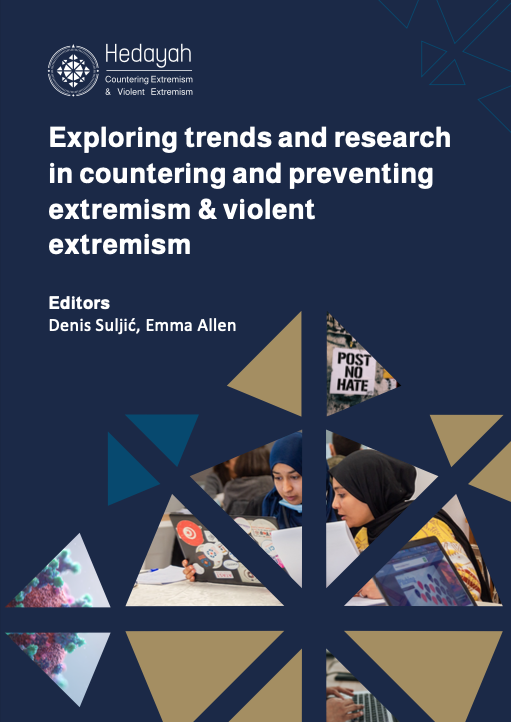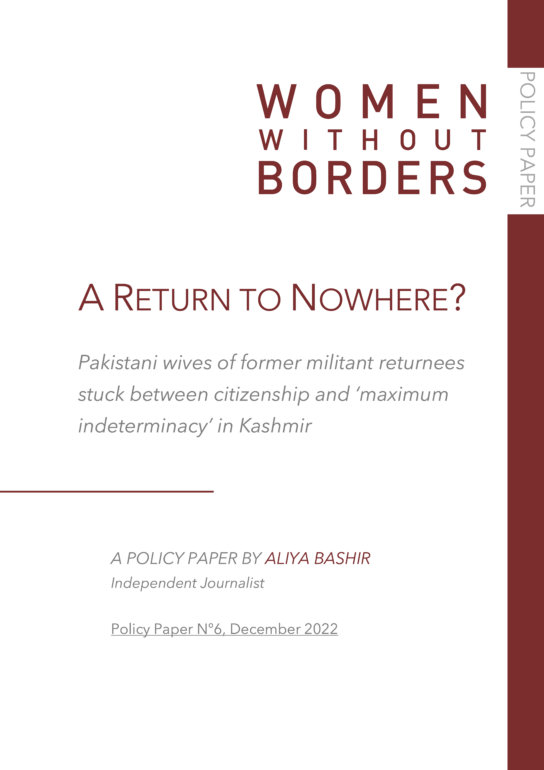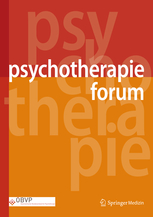Why has gender-based violence and discrimination been missing from the conversation around drivers of violent extremism for so long? Drawing from four recent impact studies and thousands of in-depth interviews conducted by Women without Borders as part of the MotherSchools Parenting for Peace programme, this paper looks at how gender-based discrimination locks women into singular identities of motherhood, which in turn has an isolating effect and hinders many from recognising and acting on their security role model potential. The authors also consider and discuss the link between gender-based violence and domestic violence as a driver that can lead to radicalisation, putting forth several recommendations for policymakers and practitioners alike.
Gender-based violence, rooted in deeply entrenched patriarchal and misogynist structural realities that help to normalise cycles of violence, is a long-over- looked driver of radicalisation. In recent years, findings from so-called perpetrator research have made the nexus between terrorism and violence against women increasingly difficult to ignore.
This paper discusses how gender-based discrimination locks women into singular identities of motherhood, which in turn has an isolating effect, quashes confidence, competence, and leadership, and hinders many from recognising and working on their security role model potential. Secondly, and related to this, it considers domestic violence as a driver, and how it fuels dysfunctional family dynamics that can act as a push factor. In employing the MotherSchools Model as a case study example, this paper proposes that the field of P/CVE needs to mainstream gender-inclusive programming that uncovers hidden gendered drivers of violent extremism and unlocks the agency of women to address these and other factors in the process.
To borrow from Caroline Criado Perez’s concept, the counter-extremism space may be troubled by an ‘invisible women’ problem (2019). In this logic, counter-extremism approaches have been designed mostly by men and, thus, inevitably also for men. With women’s perspectives largely lagging behind and, at times, absent altogether, counter-terrorism and prevention considerations become the product of an imbalanced, biased, and incomplete data set. Such gaps in our understanding will only continue to hinder broader whole-of-society ambitions.



